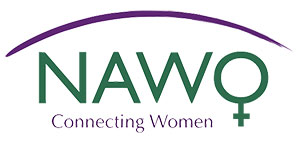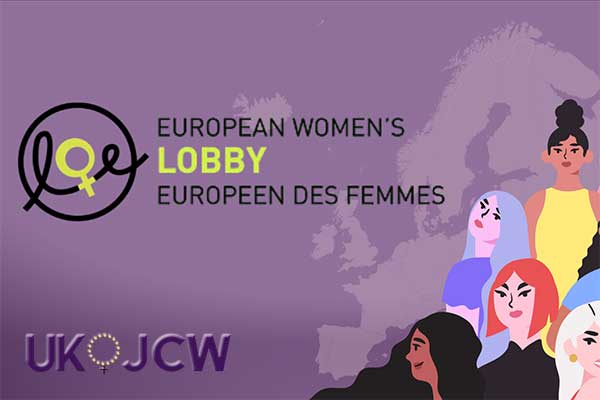At the Women20 Summit in Berlin, female leaders from around the world discussed how to promote economic empowerment of women on the agenda of a still male-dominated G20 leadership. EURACTIV Germany reports. The event, organised by the German Women’s Council (DF) and the association of female entrepreneurs (VdU), was attended by German Chancellor Angela Merkel, Queen Máxima of the Netherlands, Canadian Foreign Minister Chrystia Freeland, IMF boss Christine Lagarde and Bank of America Vice-President Anne Finucane.
Businesswoman and daughter of US President Donald Trump Ivanka Trump also joined the event. Although she holds the formal title of special advisor to the president, Trump referred to her role “as an entrepreneur” when asked by a moderator in what capacity she was attending W20. The audience booed and hissed when Trump spoke of her father as a “tremendous champion of supporting families”.
Behind the glossy international foreground, a global network of female businesswomen and politicians have fought for years for social acceptance and political implementation for better access to jobs and education. In the 21st century, this is no longer a cause espoused by a handful of feminists: over 100 delegates attended the W20 Summit.
Asthma patients urge EU member states to stop ignoring air quality rules
In addition, the total cost of asthma in Europe is €17.7 billion per year, and productivity loss due to patients’ poor control of their asthma is estimated at €9.8 billion per year. “Asthma and allergy are the most common chronic diseases in children and the leading cause of school absences, emergency visits and hospitalisations in Europe,” according to the European Federation of Allergy and Airways Diseases Patients’ Associations (EFA).
Macedonian nationalists resume protests against coalition with Albanian parties
Thousands of nationalist demonstrators of the so-called “Civil Initiative for a United Macedonia” resumed their protests in Skopje yesterday (2 May) against a plan for a coalition government that includes ethnic Albanian parties, five days after they burst into parliament and assaulted lawmakers. The protesters allege that a deal struck between the Social Democrats (SDSM) to govern alongside ethnic Albanian parties, which emerged as kingmakers after an early election in December, would threaten national unity.
Sustainable economic reconstruction holds the ‘key’ to Europe’s future
The European Commission on Tuesday (2 May) unveiled a proposal that could significantly expand its powers to request access to sensitive corporate data as a way to enforce EU single market rules or to inform new pieces of legislation. Companies have voiced opposition to the proposal, arguing it would force them to disclose “sensitive” business information to EU authorities upon request. If the proposal goes through, firms which refuse to comply could be fined up to 1% of their turnover from the previous year, on top of a possible fine of up to 5% of daily turnover. The proposed Single Market Information Tool is part of a legislative package designed to improve the functioning of the EU’s single market. In “targeted” cases, when neither national authorities or the companies involved have voluntarily provided the information, the Commission would be able to request the data directly from the firms. Officials explained this would be needed only in a very limited number of cases, around 1% of the total.
Commission will not require visas for US citizens as ‘retaliation’
The European Commission has decided not to require visas for Americans travelling to Europe, rejecting calls from MEPs to retaliate against US visa requirements for citizens of five member states. The decision falls short of what the European Parliament asked for in March when it passed a non-binding resolution calling for the Commission to turn up pressure on the United States by ending visa-free travel for its citizens.
MEPs wanted the EU executive to change rules for American visitors as a reaction to the US government’s continued policy of requiring visas for anyone from Poland, Cyprus, Croatia, Romania and Bulgaria. Citizens of other EU countries do not need visas to enter the US and US citizens can travel around all member states without visas.If a country that falls under EU visa reciprocity rules does not waive visas, the executive must draft a legal change to require visas from that country 24 months after it first notifies officials there. The European Commission alerted the US that it was not applying visa waiver rules correctly in April 2014 but still has not changed EU rules to require visas for Americans.
Drugs firms call for phased transition of regulation after Brexit
Pharmaceutical companies called on Thursday (27 April) for a phased transition in drug regulation after Britain leaves the European Union, in order to avoid supply disruption and protect public health. Britain currently hosts the European Medicines Agency (EMA), which acts as a one-stop-shop for approving and monitoring the safety of drugs across the bloc, but there is uncertainty about the regulatory set-up after Brexit.




